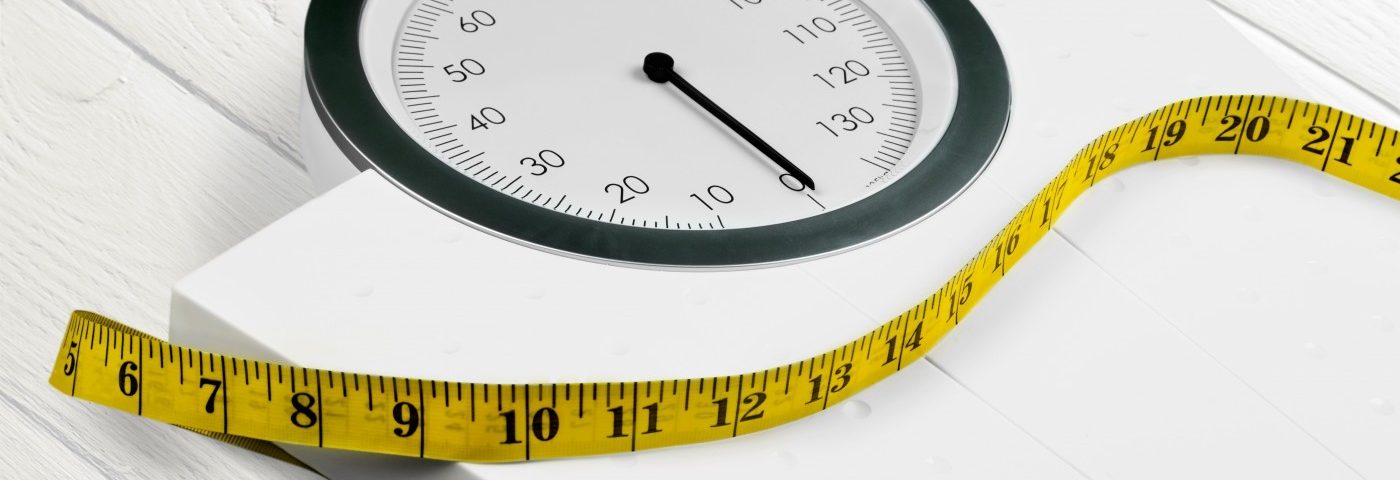Last week, I had my semiannual appointment with my transplant hepatologist. The nurse had just finished recording my weight when my doctor walked by after finishing up with another patient.
When she saw me, she joked that I was one patient she didn’t have to worry about being overweight. I chuckled and told her I had gained weight since I saw her in September.
Although my body mass index is still in the normal range, I’m only a pound or two away from being overweight. I was hoping the extra weight gain was muscle from exercising harder because my thighs have become noticeably more muscular.
Never mind that I’ve developed a sweet tooth and can’t go a day without having dessert. Despite exercising four days a week and walking 12,000 or more steps a day, the extra cookies and cake slices I’ve been eating add up to more calories than I’m expending.
I proposed my muscle-weighs-more-than-fat theory to my doctor after she reviewed my chart and commented on my weight. She confirmed that the weight gain was from my not-so-healthy diet. She also informed me that there was a correlation between my weight gain and rising liver enzymes. Fearing that I might be at risk for developing fatty liver, she suggested I speak to my gastroenterologist about getting a FibroScan, a noninvasive procedure to examine my liver, during my next appointment with him.
What is fatty liver?
Nonalcoholic fatty liver disease (NAFLD) is caused by an accumulation of fat in liver cells. If uncontrolled, NAFLD can develop into nonalcoholic steatohepatitis. This more aggressive form of NAFLD can cause liver inflammation that can lead to cirrhosis or scarring of the liver.
The fourth and final stage of cirrhosis is liver failure, which is why my hepatologist scolded me for my 10-pound weight gain. I fought too hard for my beautiful, young liver. Why would I let my bad habits destroy it?
NAFLD in inflammatory bowel disease patients
Research has shown that inflammatory bowel disease (IBD) patients are at a higher risk of developing NAFLD than the general population. A 2017 study published in the journal Inflammatory Bowel Diseases found that 13.3 percent of the IBD patients reviewed had NAFLD. These patients were older than those with only an IBD diagnosis, with an average age of 45. They also had a long history of Crohn’s or ulcerative colitis, and an IBD diagnosis given on average 20 years earlier.
These findings are supported by research by the Cleveland Clinic. From a database of more than 62 million patients, researchers discovered NAFLD in 2.4 percent of the 159,000 Crohn’s patients and 1.95 percent of the 125,000 patients with ulcerative colitis. The researchers hypothesized that the development of NAFLD was caused by “metabolic changes in IBD that promote fat deposition in the liver.”
Both studies found that IBD-NAFLD patients were more likely to suffer from diabetes, high blood pressure, and obesity. Fortunately, I haven’t shown signs of any of these conditions. Even if I’m teetering on the edge of being overweight, I have a long way to go before I fall into the obese range.
Staving off NAFLD
Prevention and treatment of NAFLD include maintaining a healthy weight through regular exercise and a healthy diet. My hepatologist assured me that if I lost weight, my liver enzymes would return to the low range of normal.
She’s pleased with my exercise regime, which includes doing martial arts for 60 to 90 minutes, four days a week. Also, ever since my husband and I participated in the Get Your Rear in Gear 5K, we’ve been walking at least 3 miles every Saturday, adding an extra 5,000 steps to my daily step count.
I had already given up cake, cookies, pastries, and my breakfast-anytime favorites — pancakes and waffles — for Lent. My fasting diet may extend beyond Easter depending on how many pounds I’ve shed by then. I’ve also cut my calorie intake by about 30 percent.
My goal is to lose 10 to 15 pounds by my June appointment with my gastroenterologist. So far, I’ve lost 4 pounds in a week. Even if it’s only water weight, it’s still progress. My stomach may growl when I lie in bed every night. However, it’s a small price to pay to avoid a diagnosis of another disease.
***
Note: IBD News Today is strictly a news and information website about the disease. It does not provide medical advice, diagnosis, or treatment. This content is not intended to be a substitute for professional medical advice, diagnosis, or treatment. Always seek the advice of your physician or other qualified health providers with any questions you may have regarding a medical condition. Never disregard professional medical advice or delay in seeking it because of something you have read on this website. The opinions expressed in this column are not those of IBD News Today, or its parent company, BioNews Services, and are intended to spark discussion about issues pertaining to IBD.

